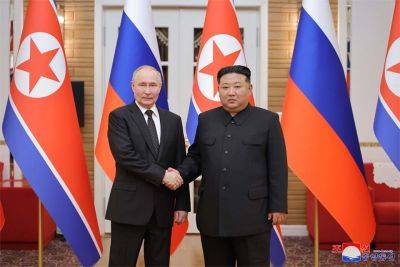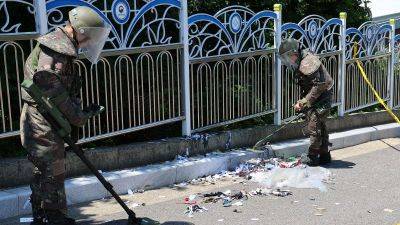Seoul as a coffee capital
June 14, 2024
SEOUL – The other day, I was asked what comes to mind when I think of Seoul. I thought for a moment and answered: coffee.
Great coffee is everywhere. Judging by the number of cafes, variety of flavors and level of consumption, Seoul has become one of the world’s biggest coffee capitals.
How and why did Seoul become a great coffee city? Coffee arrived in Korea with imperialism in the late 19th century. Emperor Gojong loved coffee and often drank it at the Jeonggwanheon in at the palace Deoksugung. While Western food culture was concentrated in hotels, Japanese cafe culture made its way to Korea during Japanese occupation. Poet and novelist Lee Sang ran the famous Jebi Dabang in the 1930s. Cafes, which were called dabang, or tearooms, became go-to places for writers and intellectuals, symbolizing the rise of a new urban culture.
After liberation and through the 1950-53 Korean War, the cultural image of coffee and tearooms remained limited to the urban intelligentsia, but with rapid economic growth in the 1960s coffee became more common. As cities grew, people needed a comfortable place to meet, but more importantly, coffee was a symbol of achieving economic success during the economic boom. Instant coffee, which came to be known as “dabang coffee,” became popular and was frequently given as a gift.
As tearooms proliferated, they became more varied. They ranged from places to take a quick break to places for long talks and dates. Rapid urbanization during the boom led to a severe housing shortage with crowded living conditions. Instead of meeting at home, people met in tearooms, which grew as the population grew.
The rise of tearooms is also related to the economic structure of South Korea.
The






